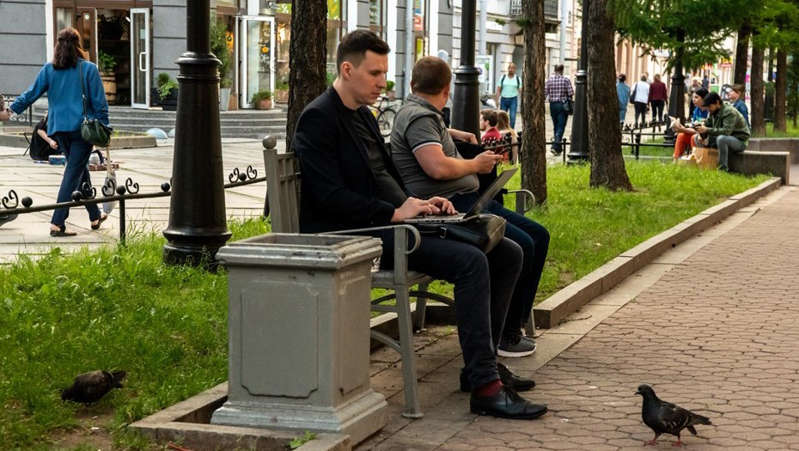
The development of online technologies is turning into a new super task of the education system. This was stated by the rector of “University 2035” Nina Yanykina during the presentation of the study “University campuses and the city. Increasing the competitiveness of Russian education.”
According to the expert, in the near future, the life and the learning process of students will undergo significant changes due to the impending digitalization process. However, it will be impossible to completely exclude the handwritten format of work from the education system in the future.
“Individualization of the educational process and the use of artificial intelligence (AI) technologies to form the educational trajectory will contribute to the harmonious and effective formation of a specialist. Online leadership is becoming a new super task of the education system,” Nina Yanykina emphasized.
As indicated in a joint study by the University 2035, the Center for Strategic Research Foundation (CSR) and the state development corporation VEB.RF, traditional forms of data storage in the form of printed and handwritten media will disappear within 10 years, and individualization and artificial intelligence will play a key role in the formation of educational strategy.
As part of the study, a survey was conducted among representatives of the university community: “The future of education: What will universities be like in 10 years?”
“We should not forget about the unique competence of the university in the global sense – search, predictive function, the ability to work with the future. We will continue to support this function of universities, including through assistance in the formation of growth points in universities, centers of competence for working with the future.” , – summed up Yanykina (quoted by RIA Novosti).
As reported by “DP” earlier, the forced idle time of most active people associated with the coronavirus pandemic formed a record request for online education. At the peak of the first wave of quarantine, schools were closed in 190 countries, 90% of students were forced to go online. Roughly the same thing happened with university students.
Last year, the Russian EdTech market increased by 20-25%, reaching 55-60 billion rubles. Roughly half of it falls on additional education for adults, including the study of foreign languages. According to experts, positive dynamics is a trend of the time. In the 21st century, people want to learn faster, more compactly, and more practice-oriented. Online technology allows you to do this.

